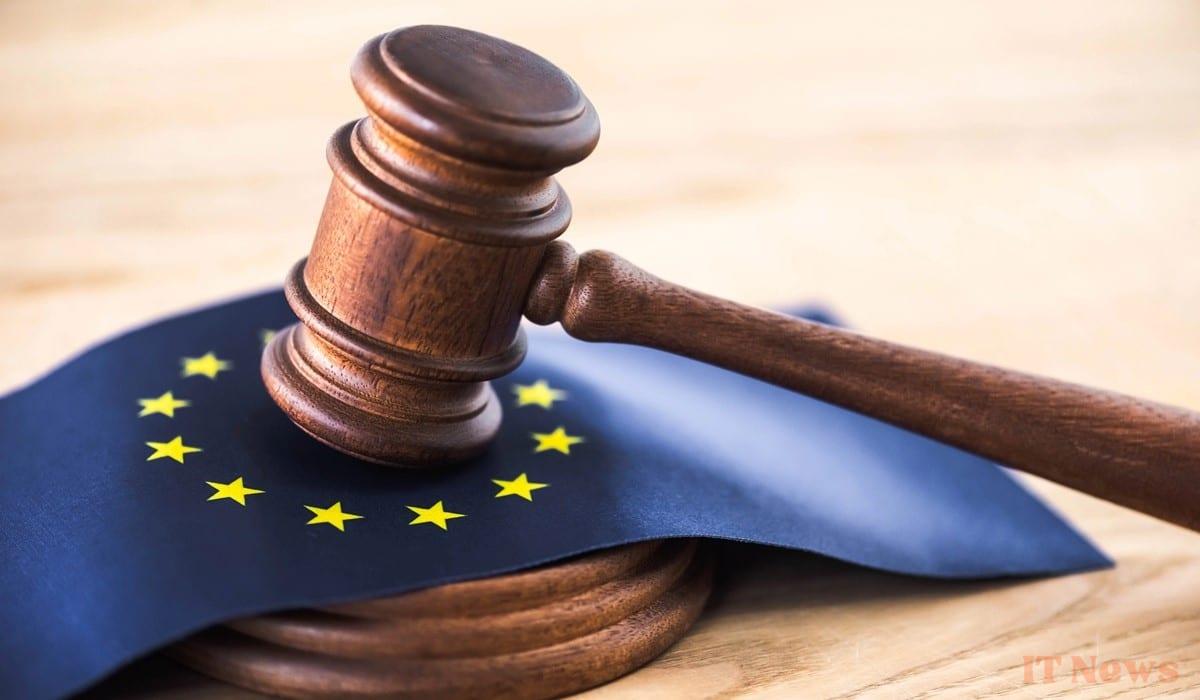The European Commission is in the process of reassessing its investigations into big tech companies such as Apple, Meta and Google. This comes as US tech groups are urging President Donald Trump to fiercely defend their interests.
Reasons for reassessing investigations
Europe has several motives to revisit its investigations into big digital firms. On the one hand, the new Digital Markets Act, which came into force last year, imposes strict restrictions on companies that own platforms that are essential for both consumers and professionals. The main objective of this legislation is to limit the monopolistic power of these firms in order to ensure fair competition in the digital market. The information comes from two officials familiar with the matter, according to a report published by the Financial Times.
Political and economic pressure
Since the election of President Donald Trump, American companies have stepped up their efforts to push the government to support their interests in the face of European regulations. Mark Zuckerberg, CEO of Meta, notably complained about this situation on Joe Rogan’s popular podcast. Zuckerberg expressed his frustration with the multiple fines imposed on Meta, noting that these sanctions have cost the company billions. His comments echo a global economy where the lines between local regulation and international competition are becoming increasingly blurred.
Official statements and reactions
A spokesperson for the European Commission confirmed to the Financial Times that there were no delays in finalizing cases of non-compliance with the new rules. The reassessment is therefore not driven by political considerations but rather by a desire to strengthen the efficiency and fairness of ongoing procedures. This dynamic clearly shows the Commission’s ambition to maintain a firm position despite external pressure from US politicians.
Potential impacts on the technology landscape
The strengthening of European investigations could lead to significant changes for tech giants. For several years, massive fines have been imposed on companies like Meta, increasing their desire to lobby against regulations. Their compliance strategies are becoming critical to avoid new financial and administrative penalties. A series of sanctions or reinforced verifications could weaken their dominance in various segments of the global digital market.
During his first term, Donald Trump introduced import duties on steel and aluminum, also affecting metals from the European Union. This protectionist policy suggests that similar measures could be taken to protect large American technology companies in the future. Consequently, the reassessment of European investigations could be part of a logic of response to preventive or reactive actions by the United States.
Consequences for consumers and small market players
A strict application of the law on digital markets mainly benefits consumers and small businesses, by creating a more balanced competitive environment. Less dominant platforms allow for more innovation and diversity in the services offered. However, the complexity of the regulations could also slow down certain efforts to improve and optimize the services offered by large groups. A balance remains to be found to satisfy all stakeholders in the digital market.



0 Comments